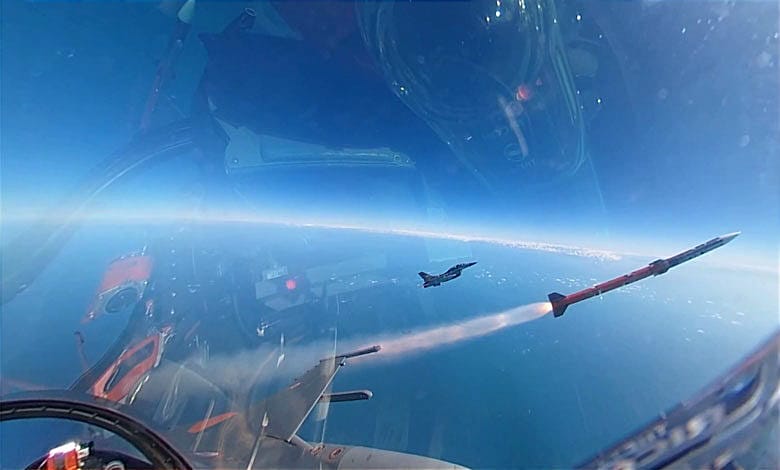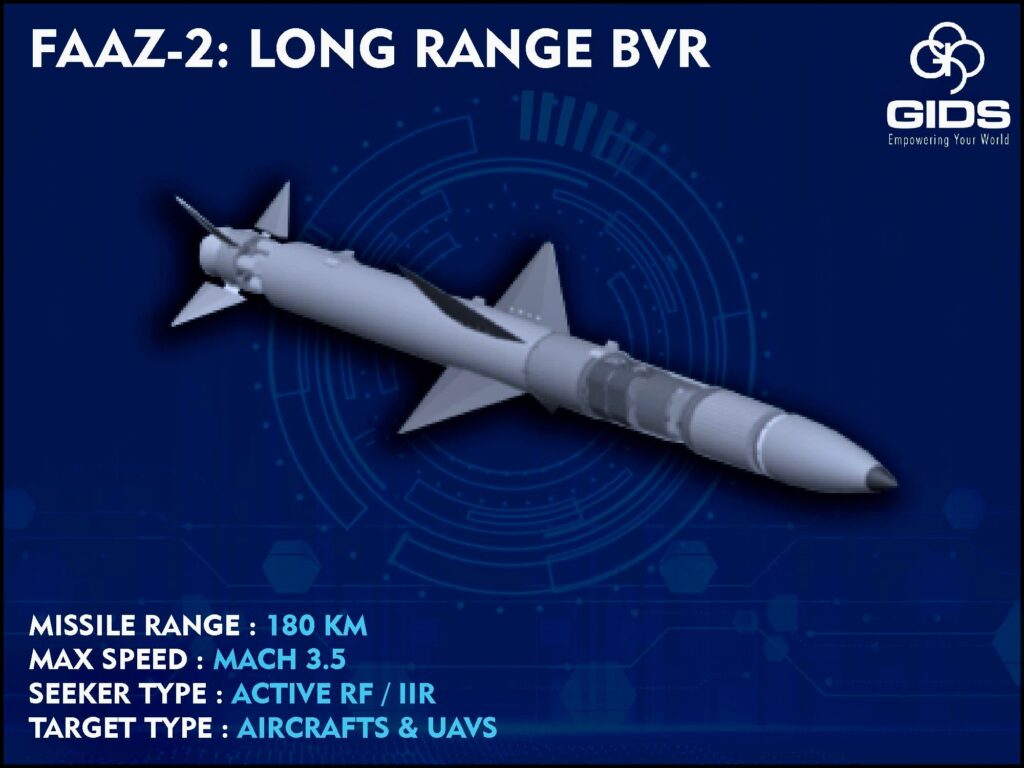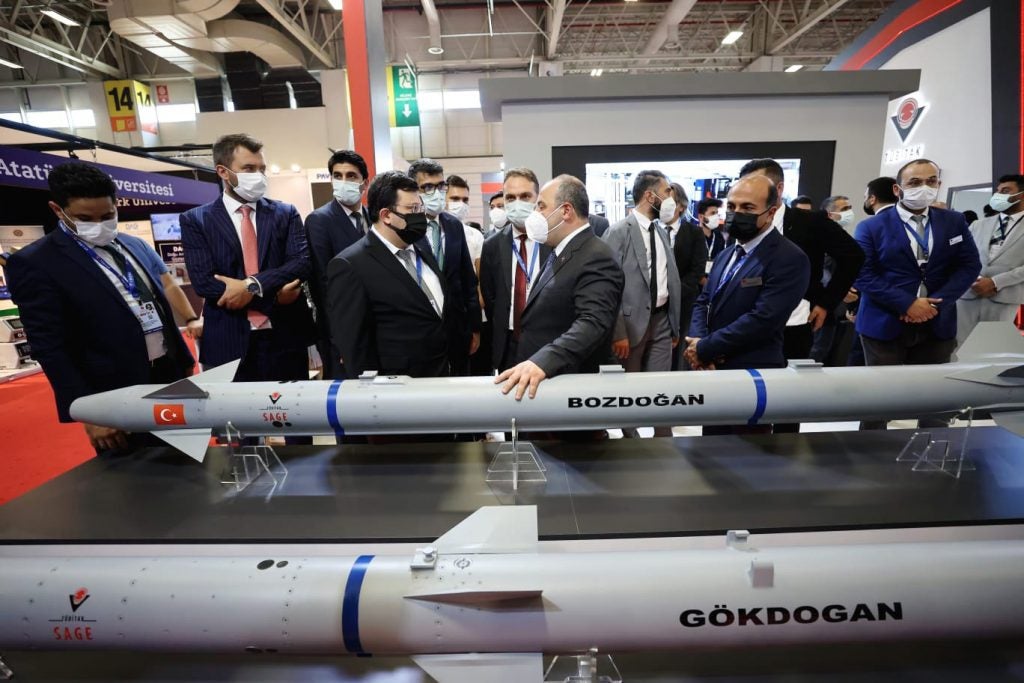Turkey and Pakistan Join Forces on the Development of Air-to-Air Missiles
On February 15, a Turkish delegation led by General İrfan Özsert, Deputy Chief of General Staff of the Turkish Armed Forces, visited Pakistan Air Forces Commander Marshal Zaheer Ahmed Baber Sidhu at General Staff Headquarters in Rawalpindi. The meeting covered bilateral military engagements as well as issues concerning cooperation. Both sides reaffirmed their commitment to further deepen strategic relations.
According to the Pakistan Air Force, the two sides also discussed the continuation of the Air-to-Air Missile Technology exchange program to ensure maximum benefit for the Pakistani and Turkish Air Forces. To strengthen the current level of cooperation, both sides agreed to increase state-to-state, company-to-company, military-to-military, and Air Force-to-Air Force cooperation.
The technological cooperation involves sharing technology from Turkey’s GÖKDOĞAN and Pakistan’s FAAZ-2 BVRAAM projects between the two partners. Gökdoğan is a beyond-visual-range air-to-air missile developed by TÜBİTAK SAGE as part of the “Göktuğ Air-to-Air Missile Project” launched by the Defense Industries Agency in 2013 to replace the AIM-120 AMRAAM missiles used on Turkish aircraft. The Gökdoğan missile, first shown at IDEF in 2017, features a state-designed Active Radar (AR) Seeker, fire-and-forget capability, and the ability to lock on multiple targets after firing. The missile, which has been reported to be resistant to electronic warfare, can be directed toward the source of the jamming. Gökdoğan, which has a range of approximately 65 kilometers and can update its targets thanks to its data link, can also be used with the LAU-129 launcher.

FAAZ-2 is a long-range air-to-air missile developed by Global Industrial Defense Solutions (GIDS), Pakistan’s state-owned defense group. The FAAZ-2 missile, which will be integrated with Pakistan and China’s jointly developed JF-17 “Thunder” fighter jet, is similar to the Soviet Vympel R-27 and MBDA’s MICA missile. According to GIDS, the FAAZ-2 missile has a 180-kilometer operational range and a maximum speed of Mach 3.5. The missile, which has a dual seeker system that includes both Active RF (Radio Frequency) and IIR (Imaging Infrared) capabilities, is capable of hitting a variety of aerial threats, including aircraft, unmanned aerial vehicles (UAVs), and helicopters.

The cooperation between Turkey and Pakistan on BVRAAM technology is the latest example of the two countries’ defense industry partnership, which has continuing for more than 20 years. The two countries have previously collaborated on projects such as submarine modernization, shipbuilding, and small arms projects. Baykar, which also exports AKINCI and Bayraktar TB2 drones to Pakistan, has established an office at the National Aerospace Science and Technology Park (NASTP) in Rawalpindi to conduct R&D activities for mutual innovation and high-tech development. The two countries are expected to collaborate more in the future, particularly on artificial intelligence and autonomous projects.

